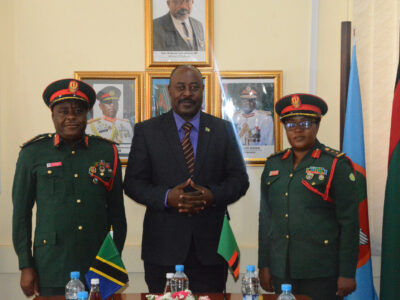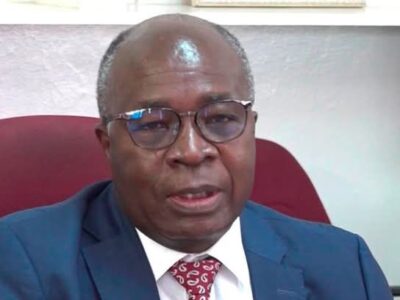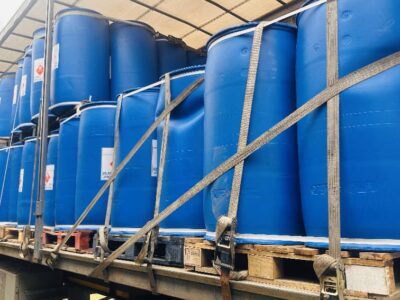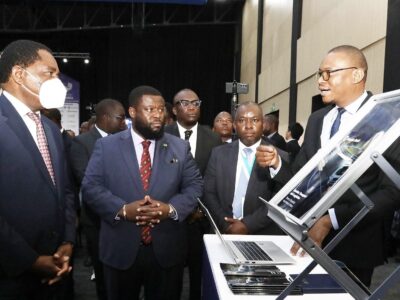The government has been urged to implement efficient distribution mechanisms for the Social Cash Transfer programme funds to prevent corruption.
A total of K5.2 billion has been allocated to the Social Cash Transfer programme, including a K200 increase for existing beneficiaries in the 2024 supplementary budget.
The Jesuit Centre for Theological Reflection (JCTR) stated that extending coverage to an additional 1.2 million households addresses a long-standing and critical need.
JCTR Social and Economic Development Programme Manager, Muchimba Siamachoka, told Zambia Monitor that this measure was essential for providing immediate financial relief to the most vulnerable, ensuring their basic needs are met.
“It further addresses long-standing calls from many stakeholders to increase the transfer amount and expand coverage, thereby preserving human dignity,” she said.
Siamachoka noted that this initiative also paved the way for households to achieve meaningful relief, potentially helping them to graduate from chronic poverty.
Additionally, Siamachoka stated that the allocation of K2 billion for the “cash for work” programme was commendable, with the potential increase to K3.5 billion.
She said this initiative would provide essential employment opportunities in drought-affected areas of the country.
“Nevertheless, JCTR emphasized the importance of fair, just and equitable selection processes for participants to avoid exclusion of the most vulnerable populations,” Siamachoka stated.
Read More: Social protection not just about cash transfers but sustainable development —Tembatemba
She advised that the programme should include capacity-building components to ensure sustainable development and skill acquisition.
“The K125 million allocation to the Ministry of Small and Medium Enterprise Development for business development and financing programs is a positive step towards economic recovery,” Siamachoka said.
She encouraged the government to ensure that these funds were accessible to a diverse range of Small and Medium Enterprises (SMEs), particularly those led by women and youth, to promote inclusive economic growth.
Siamachoka also noted the significance of expanding the school feeding program from K105 million to K392 million, now including secondary schools in 37 drought-affected districts, for learners benefiting from the 2022 Free Education policy.
“This initiative will address immediate nutritional needs, support educational attendance and performance and overcome challenges hindering the full benefits of free education,” she noted.
Siamachoka stated the need for effective monitoring of the implementation of this programme to ensure it reached all targeted schools and children efficiently and timely.
WARNING! All rights reserved. This material, and other digital content on this website, may not be reproduced, published, broadcast, rewritten or redistributed in whole or in part without prior express permission from ZAMBIA MONITOR.












Comments